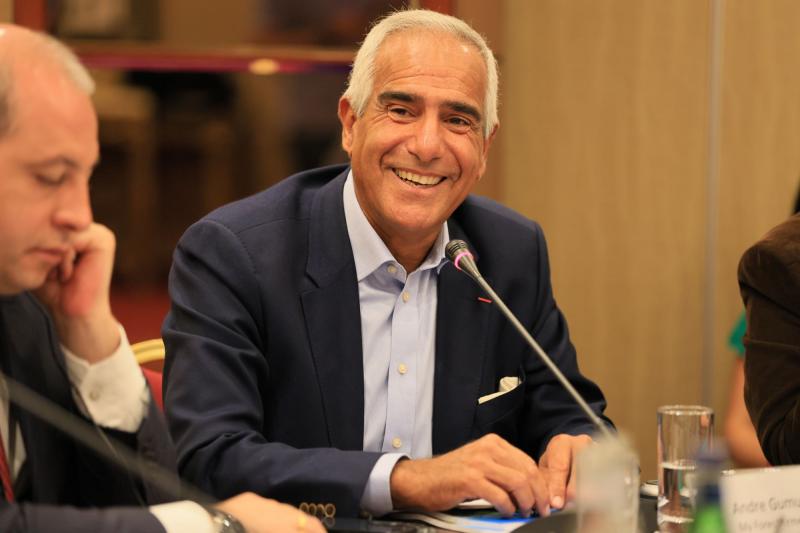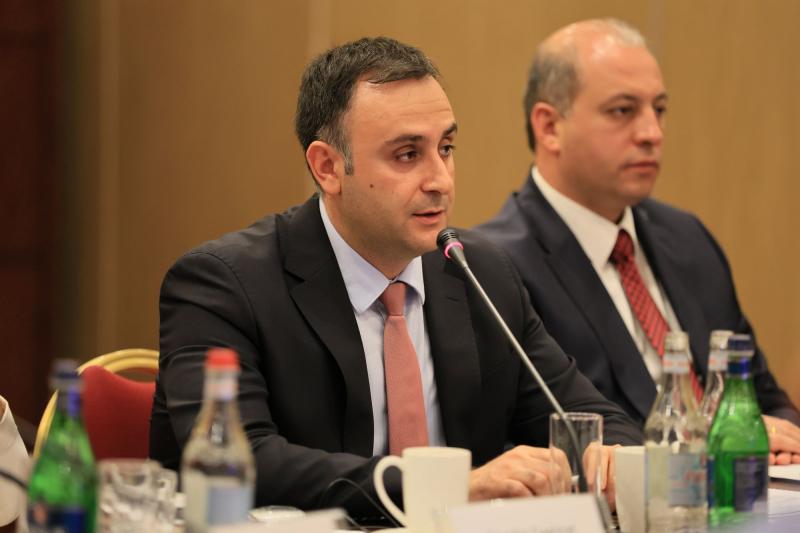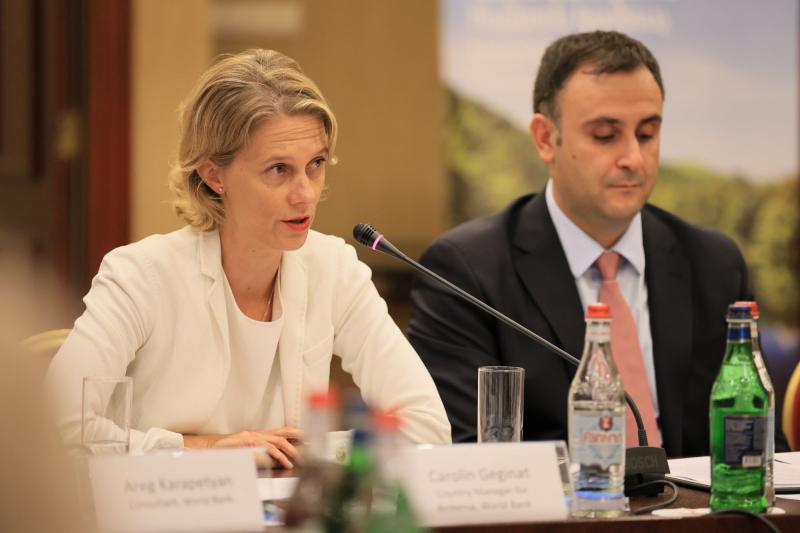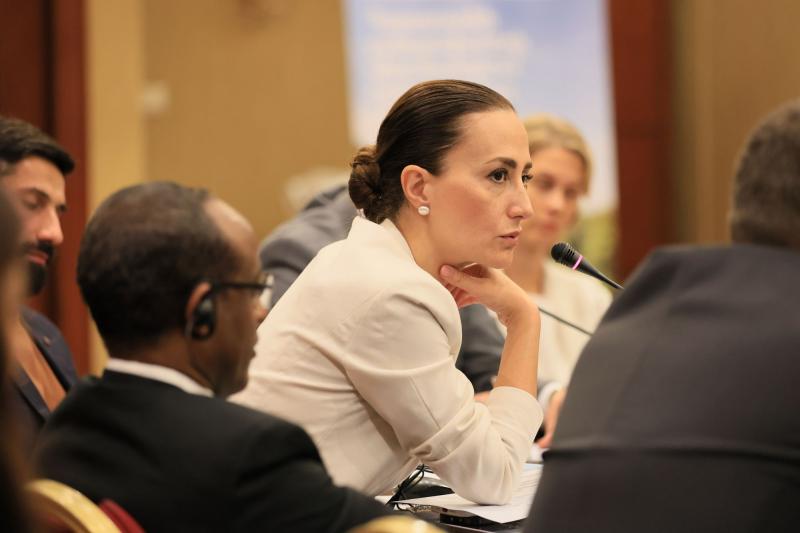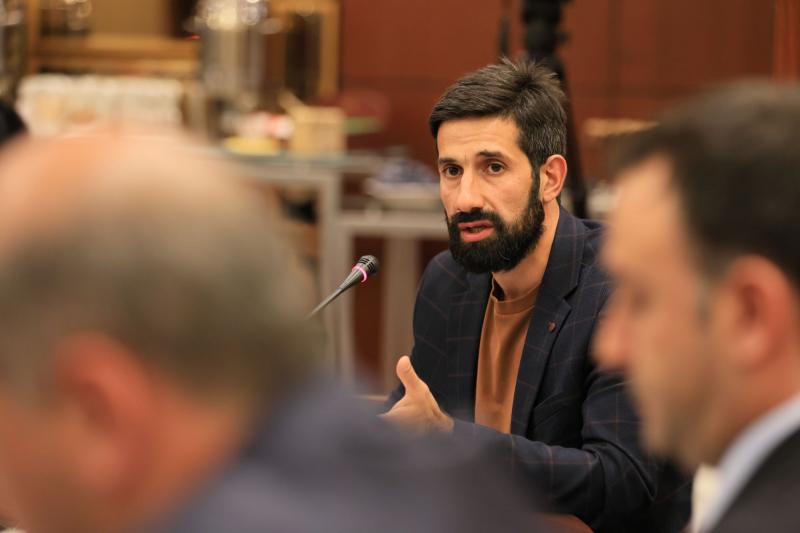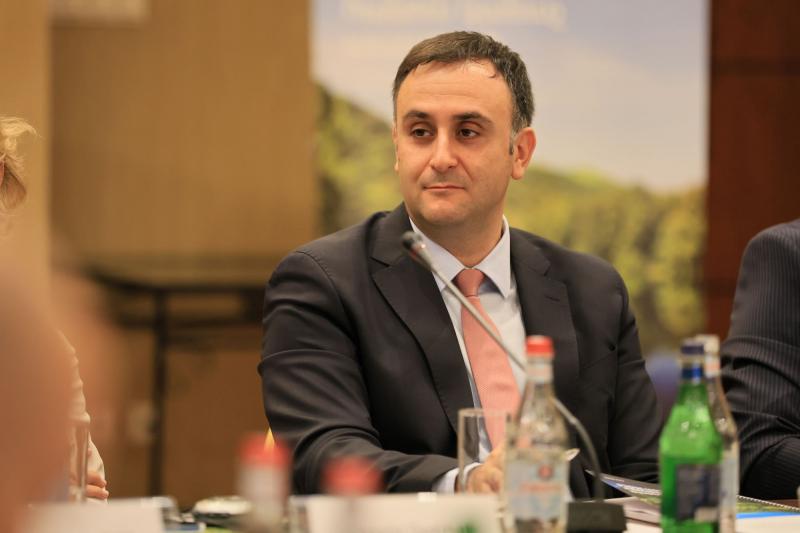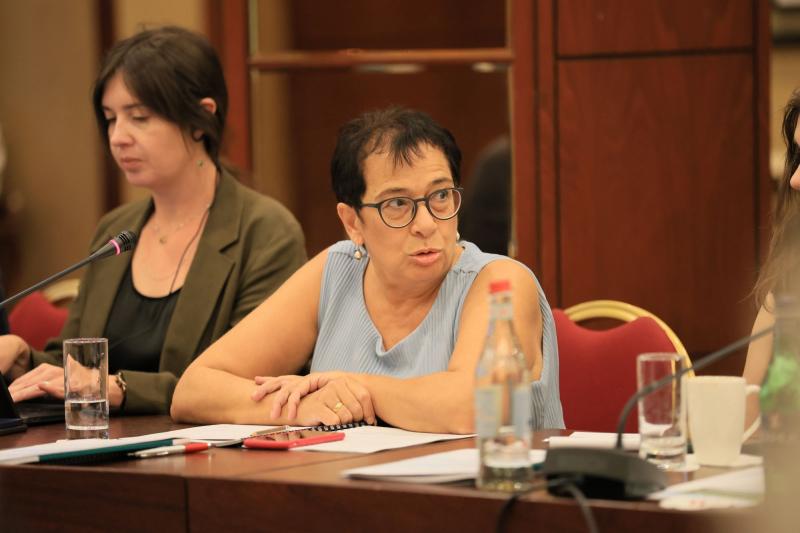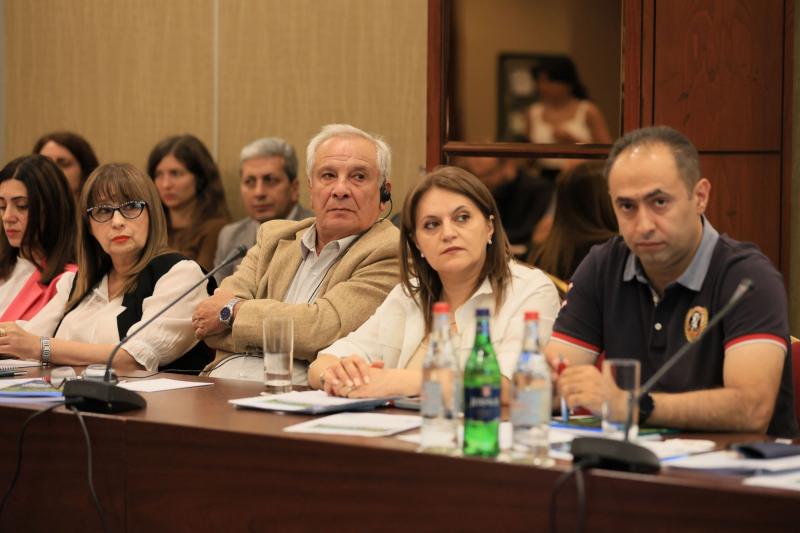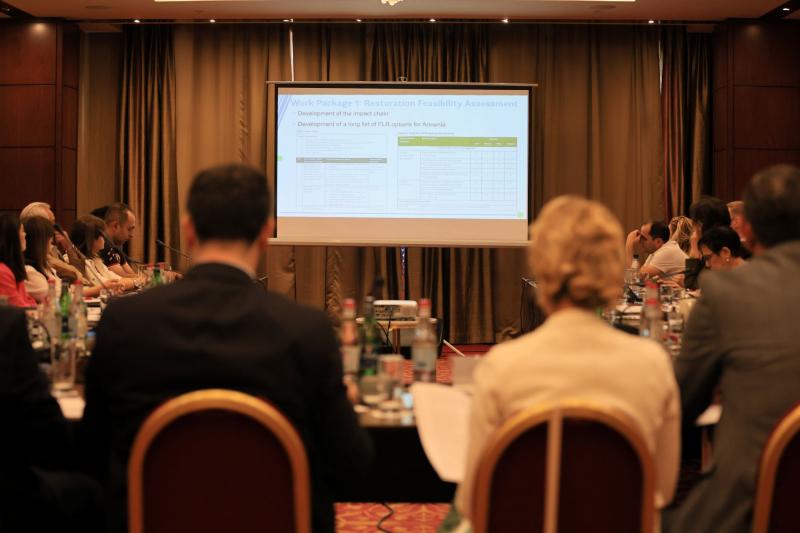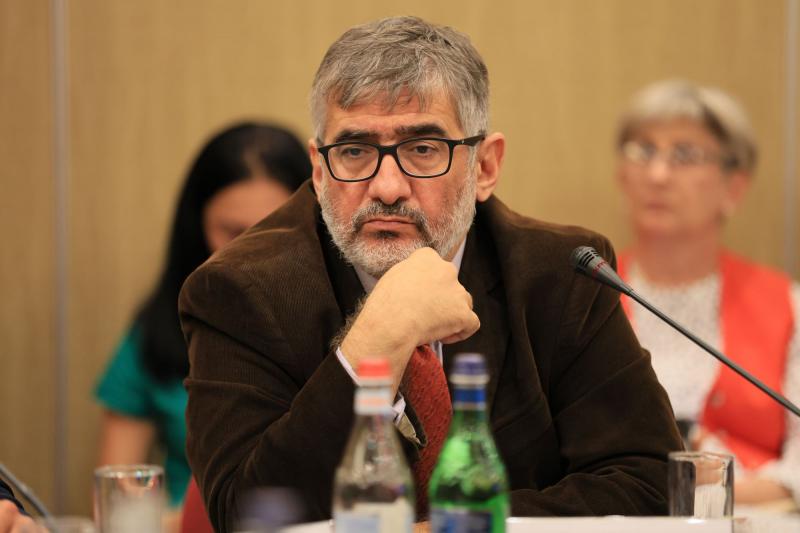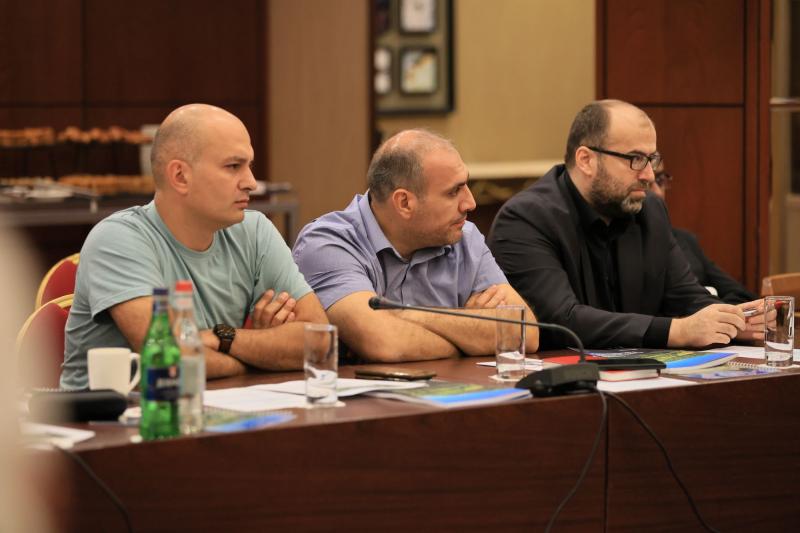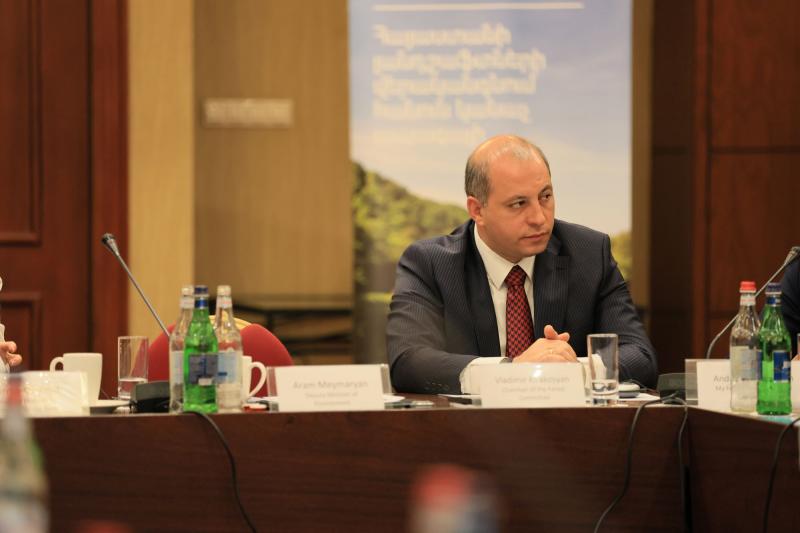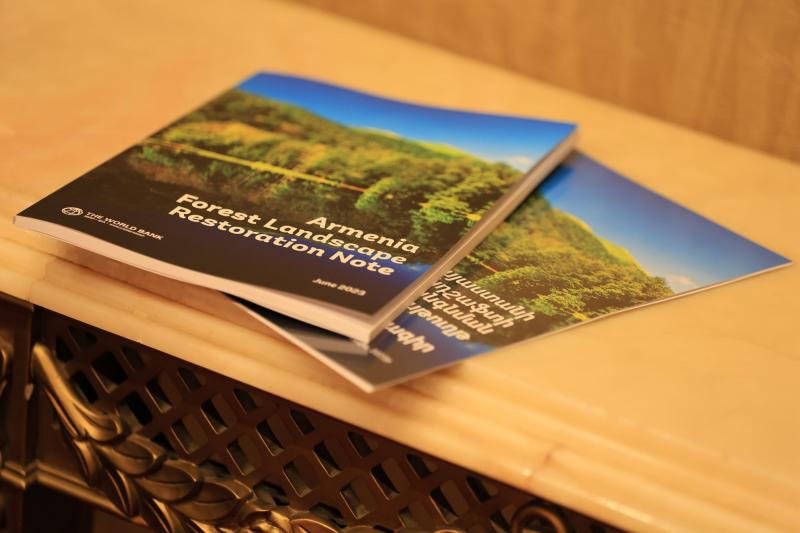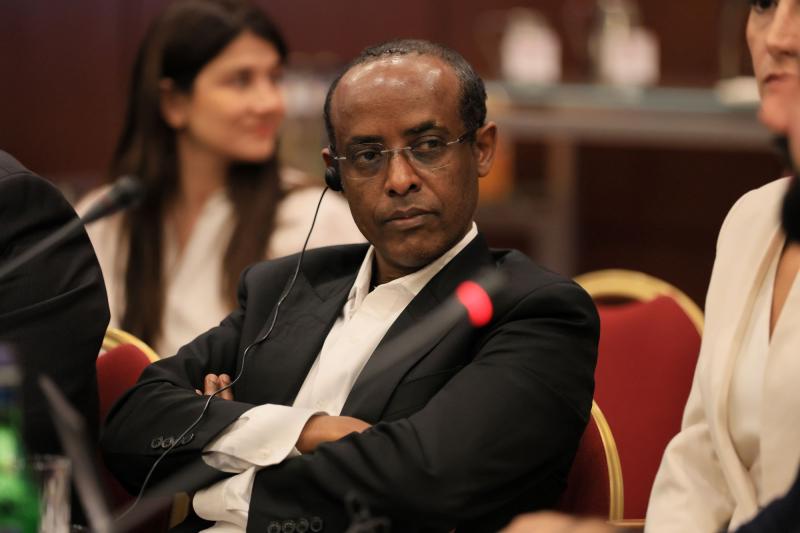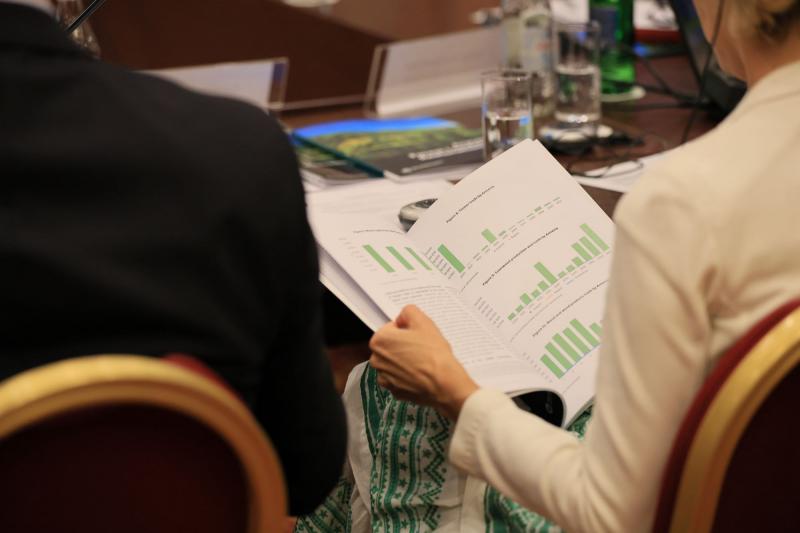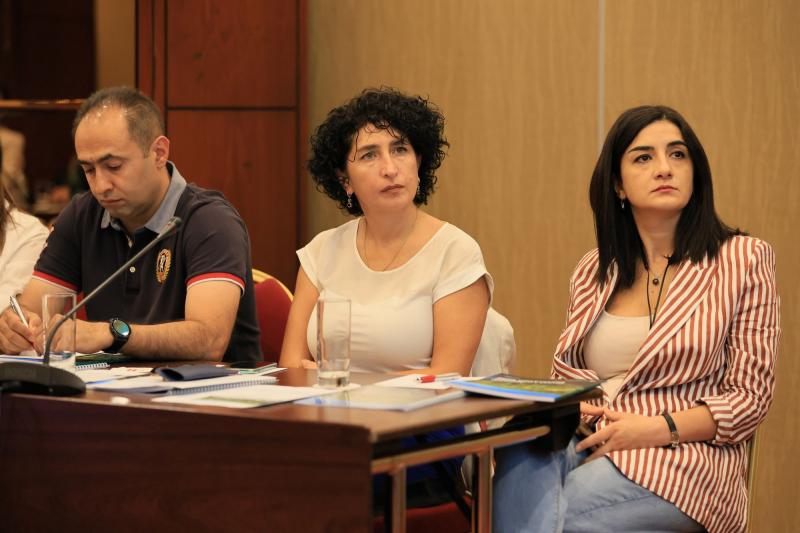The World Bank, in cooperation with the Ministry of Environment, has published a comprehensive report that assesses the opportunities for landscape restoration in the forestry sector of Armenia and provides a detailed description of the sector's potential. It was developed through a consultative process to inform stakeholders about the current status of the forestry sector, opportunities for improvement and broad benefits.
Better use and management of forests could offer Armenia significant economic returns and position the country as a leader in environmental protection and climate change adaptation, according to a new World Bank report developed in collaboration with Armenia's Ministry of Environment.
Developed in close cooperation with the RA government and in consultation with a wide range of national and international stakeholders, the "Armenia Forest Landscape Restoration Document" (available in English and Armenian) assesses landscape restoration opportunities in Armenia's forestry sector and presents the sector's potential. For example, on average, each hectare of forest can provide a total value of $417 per year from the provision of a range of ecosystem services (or $138 million per year).
The report includes a number of recommendations that will assist the Armenian government to ensure sustainable economic activity and create jobs and livelihoods in rural communities through landscape and forest restoration.
Known for its rich biodiversity, Armenia faces a unique challenge as it is a forest-poor country with only 11.2 percent of its area covered by forests, concentrated mainly in Tavush, Lori and Syunik regions. Naturally grown, broad-leaved montane forest predominates, with a small area of pine forest. The report emphasizes the potential of the RA forestry sector in terms of significantly supporting the country's social, economic and cultural well-being.
Key issues addressed in the report include the drivers of forest degradation, the effects of climate change and the lack of public awareness of the importance of sustainable forest management. The report includes recommendations that Armenia can take to support forest landscape restoration, particularly prioritizing formal formulation and adoption of a national landscape restoration strategy
to the establishment of a comprehensive national forest monitoring system
institutional capacity building through information and communication technologies.
In addition to the above, the solution of energy problems is emphasized in order to reduce the dependence on forests as a source of heating fuel, particularly in rural areas where there is fuel poverty.
At the event, Deputy Minister of Environment Aram Meymaryan made an open speech.
"Forests make up 11 percent of our country, and it is obvious that this indicator is not enough for us. Increasing the forested area is not an end in itself, it is of strategic importance for the sustainable development of the country from a socio-economic point of view. Conservation and use of the forest should be separated from each other, as each component has its own characteristics. The RA government realizes the need for effective management of the sector and takes appropriate steps in the form of strategy development and implementation of sector cooperative programs. Any program that is based on data analysis and includes participatory consultation with a wide range of stakeholders has the potential to succeed. I welcome our local and international partners and wish them success in the implementation phase."
The event was attended by the head of the World Bank's Armenian office, Karolin Geginat, who stated in his opening speech.
"Armenia is facing a unique challenge, as it is a country poor in forests. We must embrace this challenge as an opportunity and join forces to realize the country's landscape restoration potential. Obstacles related to financial, political and knowledge gap need to be overcome. The World Bank is ready to work with Armenia to address all three barriers, not only by providing sectoral knowledge and experience, such as this report, but also by appropriate investment and policy-making support."
The recommendations-proposals contained in the report helped in the preparation of the "Integrated, resilient landscape restoration project of Armenia", which is part of the "RESILAND South Caucasus" regional project, and which was also presented within the framework of the meeting. The project, supported by the Global Environmental Fund (GEF) and co-financed by the Government of Sweden, aims to strengthen community participation and improve the management of forests, pastures, and wetlands in selected areas of RA.
The presentation of the report was followed by a panel discussion of experts, in which invited speakers from the RA Ministry of Environment, the Armenian Forest Alliance, and the American University of Armenia participated.
The meeting was part of ongoing joint efforts by the World Bank and the RA government to support the country's sustainable development goals and transition to a green economy. The country's climate and development report, which is currently being developed by the WB in cooperation with Armenia, as well as the "GREEN Armenia" platform and the operation of Armenia's green, resilient and inclusive development policy are among joint efforts aimed at promoting the transition to a green economy, reducing greenhouse gas emissions, and promoting climate change adaptation.


